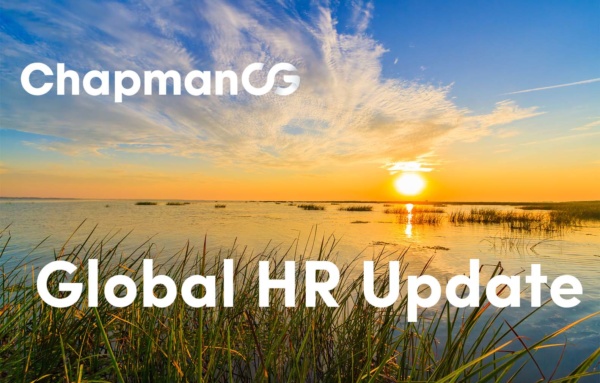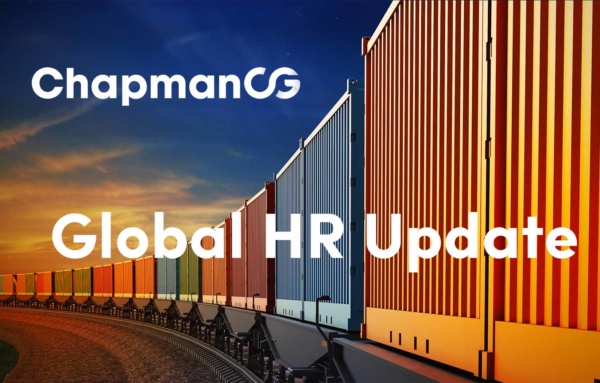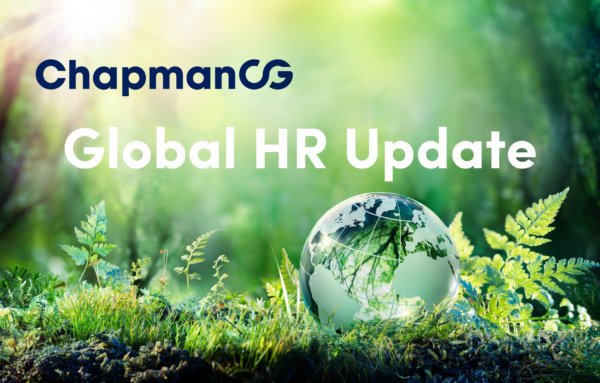|
Everyone is searching for the formula to develop the next generation of leaders. It’s one of the most important responsibilities of any management team: identifying the employees who will lead the company into its next era of success. HR creates leadership and high-flyer rotational programs, mentorships, and even sponsors certain employees for business graduate degrees. But what is the right formula? How do you develop existing employees into future leaders? Heather Wang, Global Director of Human Resources for GE Growth at General Electric, discusses Leadership Excellence within GE, one of the most notable organisations for developing HR best practices. Commitment to Leadership Excellence At the core of a successful organisation is the way that it identifies and develops its leaders, and at GE, leadership development is an area of strength. The GE leadership philosophy, “We All Rise,” states that everyone in the company is a leader; regardless of title or tenure, every employee is expected to lead, and to help their teams improve. As business becomes more global and digital, how will leadership development at GE change? In order to appreciate how the organisation is embracing these changes, it is important to understand its rich leadership legacy. Integrated Leadership Development Programmes With leadership development programmes that run throughout the organisation, the philosophy and objective of GE’s leadership effort is to inspire, connect and develop. “In the culture that we have at GE, leaders inspire others to be their best, leaders make those around them better and leaders never stop developing, learning and growing…it starts with the commitment of top leaders and is practiced in the leadership development programmes,” says Heather Wang, VP, Human Resources for Global Growth and Global Talent Acquisition at General Electric.
New Age Performance Development
In recent times, a number of high-ranking organisations have followed in the footsteps of more agile start-ups in their move away from annual performance reviews. However, GE’s reinvention of its performance management system created the loudest of commotions given its reputation for stack ranking. Wang discussed GE’s adoption of an approach known as Performance Development. Employees identify ‘priorities’–desired outcomes that matter most to customers–and meet frequently in ‘touch-points’ with their managers to discuss their contributions and progress. Employees are able to give and request feedback from their direct manager or any other colleague at any time–and that is vastly different from the traditional once-a-year review. Wang added that GE has developed an app, known as PD@GE, which is designed to support the new Performance Development approach by facilitating focused conversations, coaching and continuous improvement. “Today’s global workforce, combined with advances in technology, the rise of social media and its ability to connect people, in addition to flatter organisational structures means that performance feedback cannot be one-directional,” she says. The new dynamics of the workplace means that feedback needs to involve managers, subordinates, colleagues and customers. It is expected that the organisation-wide transition to Performance Development will be complete the end of 2016. Of course, whether or not new performance systems turn into success stories in the long run is yet to be seen, but the emphasis on day-to-day talent development, shared accountability, better performance and better customer outcomes certainly bodes well for the future. |
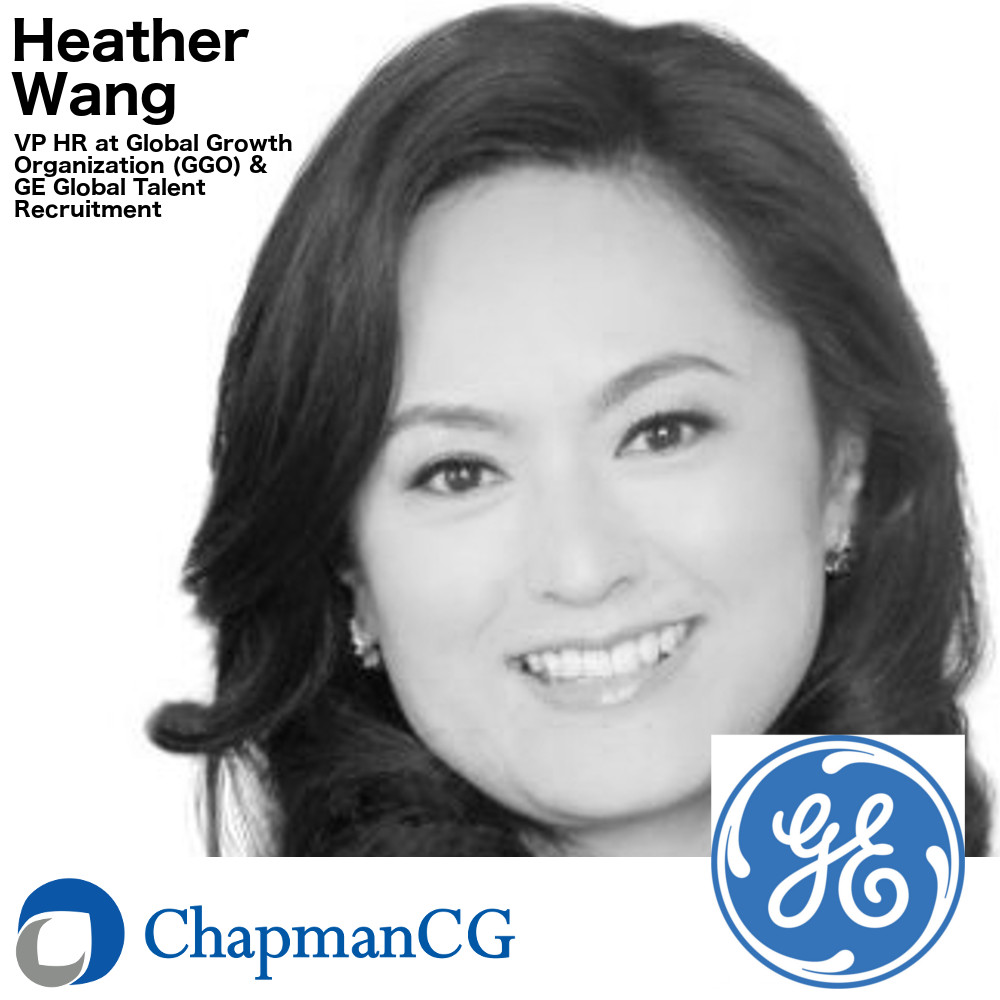
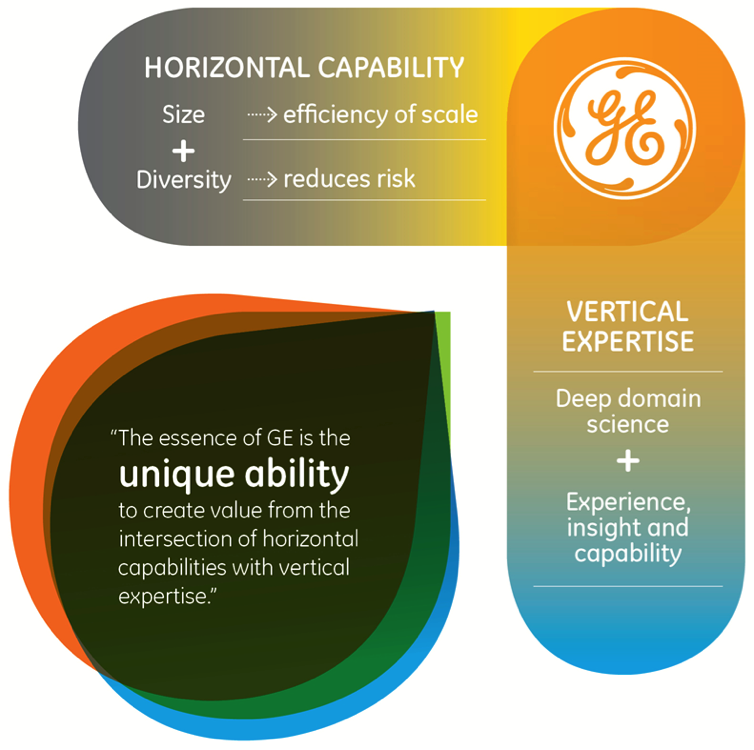
 Andrea Merrigan
Andrea Merrigan Orelia Chan
Orelia Chan Stanislav Medvedev
Stanislav Medvedev Fleur Daniell
Fleur Daniell Finian Toh
Finian Toh Tim Rayner
Tim Rayner Nicola Hasling
Nicola Hasling Stefanie Cross-Wilson
Stefanie Cross-Wilson